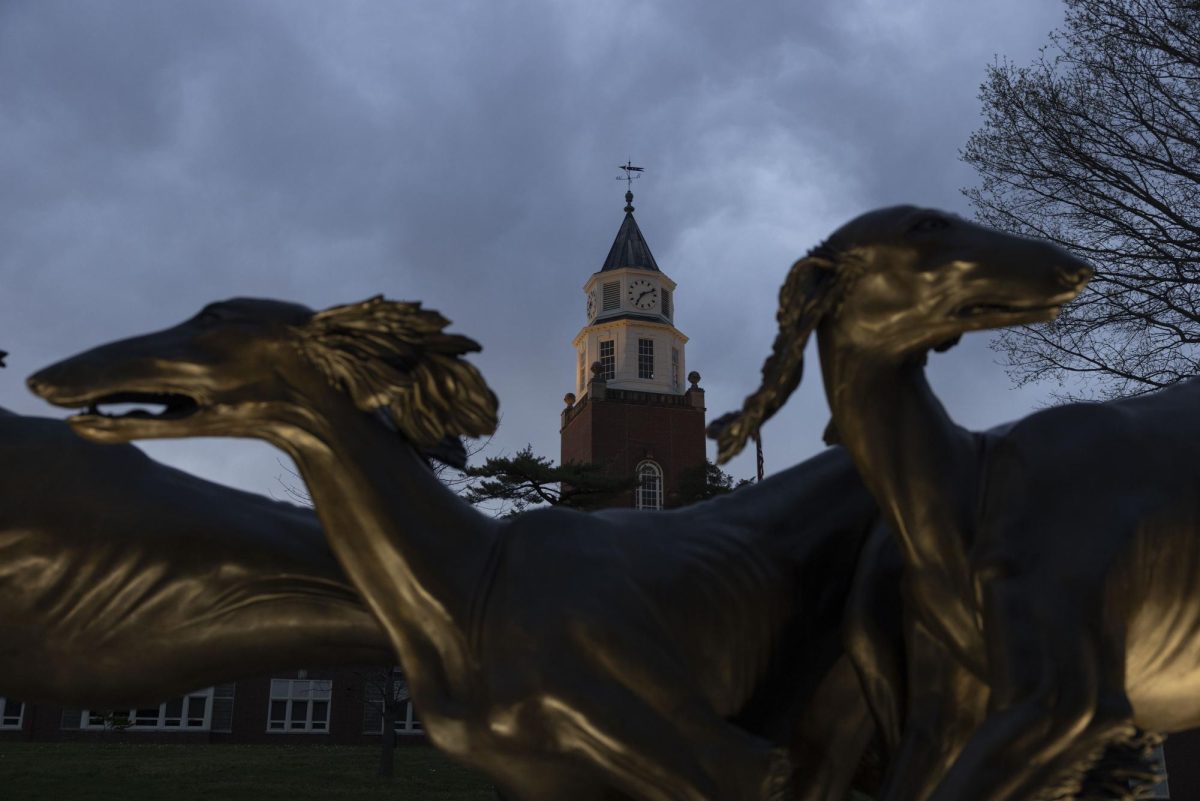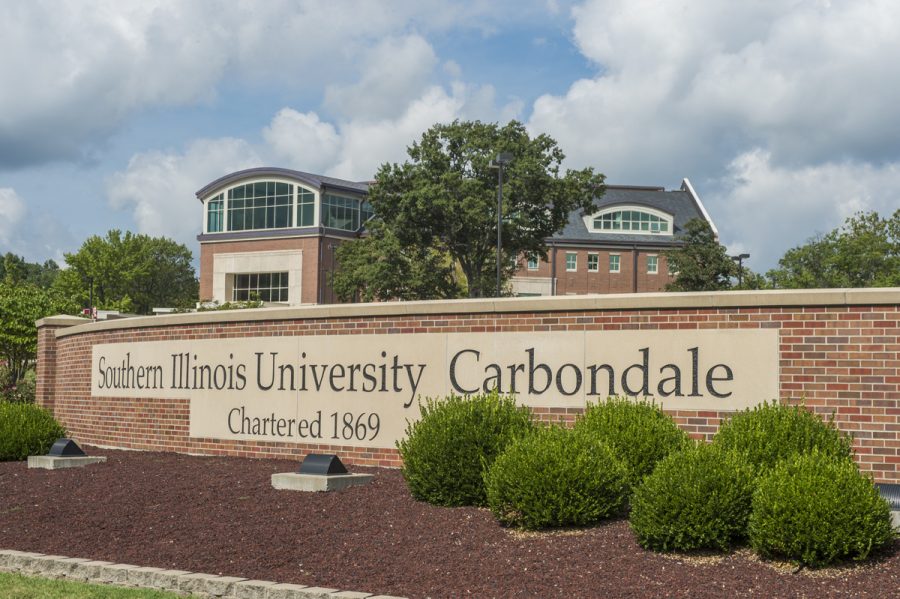Poetry, research, mentoring take the stage at Women, Gender and Sexuality Studies conference
March 2, 2018
The theme of SIU’s sixth annual Women, Gender and Sexuality Studies conference is “Transitions and Transformations.”
The conference begins at 8:30 a.m. and goes to 12:30 p.m. on March 2, in the Student Center Wabash and Vermillion Lounge.
Sandy Pensoneau-Conway, an associate professor in Communication Studies and member of the planning committee for WGSS, said the theme of transitions and transformations becomes more relevant with each passing day this school year.
Advertisement
“The theme has become more salient, given the conversations about reorganization,” Pensoneau-Conway said. “When we started planning the conference we didn’t know what the campus conversation would be.”
The conference showcases faculty, community members, undergraduate students and graduate students’ scholarly research.
Lauran Schaefer, an assistant introductory course director in the Department of Communication Studies, said there are creative presentations along with more traditional scholarly research presentations.
“They might be performing poetry, or doing a short performance,” Schaefer said. “It’s not [usually] comedic, but they can be.”
Schaefer said one of the ideas she put forward was a womentoring panel.
Womentoring panel is a group of women who will sit at different tables for students to ask questions about how they got into their careers, or how to negotiate salaries.
Pensoneau-Conway said the this year’s conference was challenging to plan because no one on the planning committee was involved with previous years’ conferences.
Advertisement*
“It really fell under the purview of the director, [but] there is no director,” Pensoneau-Conway said. “We’ve been flying by the seat of our pants. We wanted to make sure that whatever else happens, this conference happens.”
Dianah McGreehan, Graduate Professional Student Council’s Vice President of Administrative Affairs, said the conference is in of itself a comfortable transition for students looking to enter the conference life.
“If they’re looking to go on to a graduate-level degree, they can expect these types of conferences in the future,” McGreehan said. “This is for the undergrad that wants to get their research out there.”
Pensoneau-Conway said the conference is in the spirit of mentoring undergraduate students through the conference process.
“This is one of the friendliest conferences I’ve known,” Pensoneau-Conway said. “The audiences are friendly, the questions asked are really in service of supporting the students. We want to make sure that ethos of the conference stays.”
Pensoneau-Conway said the conference is very important for graduate students because it’s cost-effective for them.
“None of us have lots of extra money to spend to travel to conferences,” Pensoneau-Conway said. “This is a conference that’s right here, where all they have to spend is the amount of energy to get to the conference room.”
The conference is great for anyone in attendance, Pensoneau-Conway said, because it allows attendees to network with people that might not share the same views as one another.
“You get a chance to network with people who both have similar ideas and also very different ideas,” Pensoneau-Conway said. “[They] might understand the ideas you’re talking about in very different ways. I think it’s very collaborative, not just amongst the panelists.”
Schaefer said audiences that are least likely to attend the conference are the ones that should be attending it the most.
“[The conference] gives out the experience that marginalized folks have,” Schaefer said. “In response to and because of people who have more privilege. It’s really good space to learn what our experience is.”
Schaefer said that the conference’s theme of transitions is inherently connected to empowerment, based off of her personal experiences.
“This is my personal connection to the topic,” Schaefer said. “A lot of narratives about women is that we are expected to transform.”
Schaefer said in her time at SIU she went from being an 18-year-old socially conservative person from Texas to being a feminist who is doing all sorts of advocacy on campus and having totally different political views.
“My family certainly expected me to go to college, get a degree, get married [and] settle down,” Schaefer said. “But the women’s studies department was key in me realizing that, I don’t have to have a husband. I don’t have to have a kid. I can do what I want.”
Staff writer Jeremy Brown can be reached at jbrown@dailyegyptian.com or on Twitter @JeremyBrown_DE.
To stay up to date with all your southern Illinois news, follow the Daily Egyptian on Facebook and Twitter.
Advertisement









